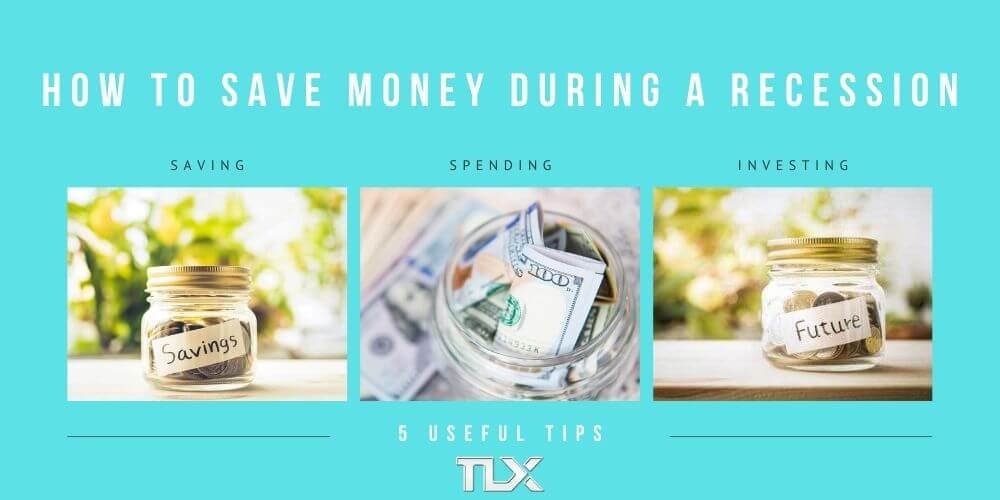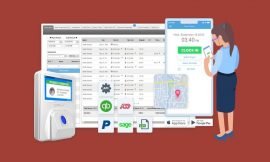Recessions are unavoidable and can be hard to predict. So even in times of healthy economic growth, it helps to be prepared for an economic downturn. Preparing for a rainy day now can save you trouble down the line.
Here are some ways you can prepare your finances for the possibility of a recession:
- Make sure you have an emergency fund. An emergency fund should be used to help you sustain yourself in times of need. It’s recommended to save at least three to six months’ worth of living expenses in this fund. Having emergency savings when a recession hits could help you pay for essential purchases if you lose your job or your work hours are reduced. If you already have enough money socked away to live on for six months, it doesn’t hurt to put away more than that if you can afford to.
- Live within your means. Spending more than you make is never good. When you live within your means, the total of what you spend in a month is equal to or less than the money you bring in during that time. This tactic will not only help save you money, but it will help ensure you’re not overextended should your income be impacted by a recession. To figure out if you can afford your current lifestyle, total up all your current monthly expenses and subtract that number from your monthly income. If you still have money left over, you’re living within your means. If not, you should consider cutting back where you can.
- Limit your existing debt. The less debt you have, the better off you’ll be if a recession hits. When your income is reduced—or eliminated—you may have difficulty paying your debts. By limiting your debt while you have the means, you’ll be setting yourself up for efficient spending should you need to tighten your budget.
- Have an emergency plan for investments. Unfortunately, recessions often coincide with downturns in the stock market. If you have a 401(k), or any other types of market investments, consider creating an emergency plan for what you should do if a recession hits and the market crashes. Market volatility can be scary, and planning ahead can help prevent you from impulsive decisions if the market changes. Consult a financial professional for advice on what plan is right for you.
- Try to find a “recession-proof” job. While this is not easy, having a recession-proof job could ease your anxiety if the economy begins to struggle. There is no technical definition of what industry is recession-proof, but historically, occupations that provide essential services could see less of an impact if a recession causes companies to reduce their employee numbers. Essential jobs can be found in the fields of teaching, accounting, medicine and more.
"If you learn how to take care of the minutes, the hours will take care of themselves." — Lord Chesterfield
This article was originally published on Experian.com
by Stefan Lembo Stolba



